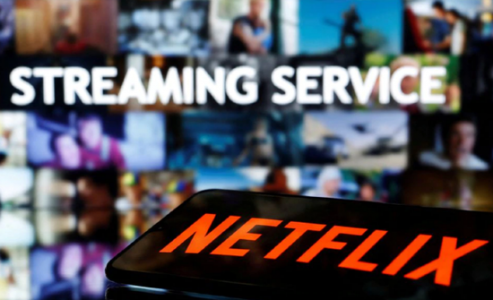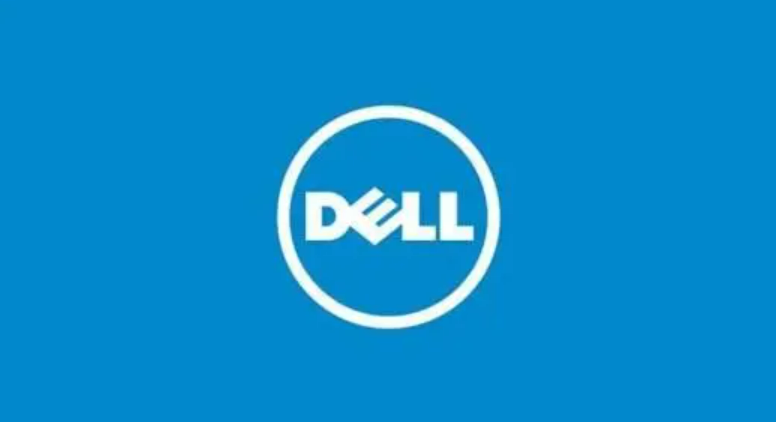your current location is:Home > TechnologyHomeTechnology
This Internet company is too ruthless: which user dares to send fake news and directly deduct the account balance!
Users have been so frightened that they have withdrawn their accounts and deleted their accounts!
Paypal, the most well-known Internet payment company in the United States, has a big event!
Recently, the company posted a new version of the user terms (Acceptable Use Policy) on its official website that will take effect on November 3 this year, which stipulates which behaviors of users are illegal and will be punished by Paypal. However, in addition to prohibiting users from engaging in illegal transactions such as weapons, drugs, selling stolen goods, and divulging the privacy of others, Paypal also stipulates in the new version of the user terms what remarks users cannot make, including that users are not allowed to spread on Paypal's platform. Information that the company appears to be "harmful" and cannot spread information that the company considers "rumor" or otherwise "inappropriate for publication."
Not only that, Paypal also stipulates in this new version of the user terms that if a user violates the provisions of the terms and publishes illegal remarks, Paypal will not only allow the user to compensate for the damage caused by the illegal remarks, but may also pre-register the user account. The money was deducted as compensation.


As a result, this immediately detonated American society. Some American netizens who attach great importance to "freedom of speech" have angrily denounced the new version of Paypal's user agreement as an attempt to control people's speech by depriving others of their private property.
Even David Marcus, the former president of Paypal, expressed dissatisfaction with the practice of his former employer, believing that Paypal, as a private company, uses the method of depriving users of their private property to require people not to publish information that the company does not agree with. view, it's "crazy". Elon Musk, a well-known American entrepreneur, also retweeted Marcus's comment and left a message saying "secondary".

Seeing that things were getting worse and worse, Paypal hurriedly deleted the new version of the terms of use. The company's spokesperson and public relations department also urgently defended that the terms of use were wrong and were sent out by mistake. Paypal would not Penalize users for spreading fake news, and have no intention of including such content in the terms of use.
But many American netizens have been frightened by Paypal's "overlord clause", and began to prepare to withdraw and delete their accounts to escape the Paypal platform. Some American media reports show that after the public opinion about Paypal fermented, "how to delete Paypal" immediately became the most popular search content on the Google search engine in the United States. Shares of PayPal also fell as a result of the incident.


However, things didn't end here.
Although Paypal denies that the company will restrict users' freedom of speech and will not include the dissemination of "fake news" as a violation that will be "deducted", some American netizens pointed out sharply that what Paypal really needs to be paid attention to is not It's just the interfering speech that has been exposed this time, and the privilege that the company has had to freeze and deduct user funds at will before this matter - and the right to interpret this deduction is also. In Paypal's own hands.
A large number of public reports from American news media and legal information websites show that Paypal has indeed been subject to frequent lawsuits over the past few years for freezing user accounts and deducting funds from accounts. In January, for example, Paypal was sued by three users in a class-action lawsuit. The three accused Paypal of arbitrarily freezing their accounts and withholding their money, without giving a good reason.

However, after further reviewing the information, Brother Geng Zhi found that although Paypal is often accused, these lawsuits are often not judged through court trials that are easier to be reported and known by the media and the public, but will be transferred to a more convenient process and a higher cost. Paypal, which is cheaper, the result is more "private", and which is a large enterprise, will have more "discourse power" to solve the "arbitration" process.
This is because, like many big companies that are good at playing with the law in the text of their contracts, Paypal has long inserted a series of legal terms that people need to agree to when registering an account, allowing users to "agree" to them in the event of a legal dispute. The content of "arbitration" is even written that as long as you agree to Paypal's terms, you will automatically waive the right to "class action".
As shown in the figure below, as early as 2012, some citizen websites concerned with American consumer rights have exposed these "overlord clauses" buried by Paypal for users.


Although Paypal also stated in relevant legal documents that users who do not accept its arbitration clause can send an email to the company within 30 days of registering an account, ordinary people will not pay attention to these words hidden in a large number of legal texts. In the event of a dispute, American judges will not think that Paypal is a "big shop bully" engaging in "overlord clauses", but will let users "act according to the contract" and go through the "arbitration" process with Paypal. In this way, even if it is often sued, with this legal routine, Paypal has become a "Pizza Hut" in a sense.
The three users mentioned by Brother Geng who sued Paypal in January this year were later ruled by a US judge to go through the "arbitration" process with Paypal.

Therefore, the turmoil caused by Paypal today seems to be an issue of freedom of speech, but it is actually an issue of legal privileges.
related articles
Article Comments (0)
- This article has not received comments yet, hurry up and grab the first frame~












